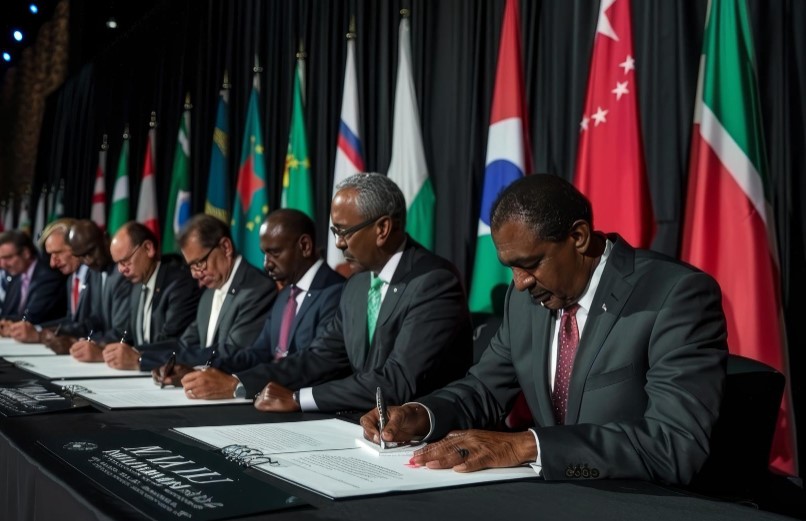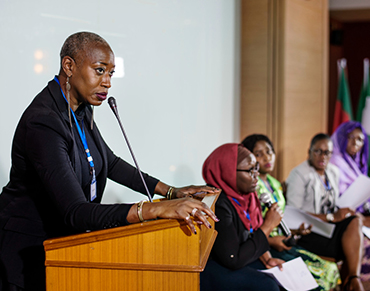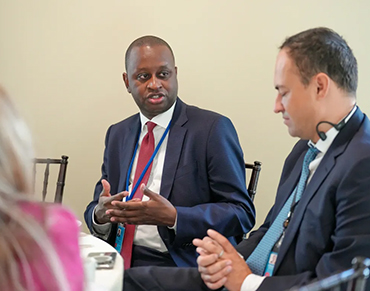About Us
AGI was established following discussions between the African Union Commission (AUC) and the United Nations Development Programme’s (UNDP) Regional Bureau for Africa. The fundamental vision is to create within Africa a governance-focused framework that is officially linked to the African Union yet operationally independent, serving as a platform for deepening governance reflections continent-wide.
The Institute is headquartered in Dakar, Senegal, and benefits from a headquarters agreement, granting it the status of an African international organization.

Six distinctive qualities set the AGI apart in Africa’s institutional governance landscape:
- A truly pan-African mandate;
- Significant convening influence, demonstrated by its ability to bring together and mobilize diverse stakeholders;
- The power to shift governance thinking across the continent;
- Strategic partnerships with key governance bodies — including the African Union Commission and affiliated entities such as the African Peer Review Mechanism (APRM), the African Commission on Human and Peoples’ Rights (ACHPR), the Citizens and Diaspora Directorate (CIDO), the Economic, Social and Cultural Council (ECOSOCC), the NEPAD Planning and Coordinating Agency (NPCA/AUDA-NEPAD), and the Pan-African Parliament — along with collaborations with regional institutions and Regional Economic Communities;
- Institutional persistence and resilience;
- Operational agility to anticipate and respond rapidly to emerging governance and development challenges.
AGI operates through four complementary strategies to enhance and elevate interactions among governance actors and processes in Africa, advance selected programs, and bridge the gap between policymaking and implementation:
Our Objectives
AGI is envisioned as both a high-level political dialogue hub and a centre for advanced research and training on governance in Africa.
In this capacity, its core mandates are to:
- Advocate for development-oriented governance across Africa;
- Develop innovative research and training methodologies to address pressing governance challenges identified during its political dialogue sessions;
- Disseminate authoritative information on governance matters throughout the continent

Organisation

The governance of AGI is structured around a clear and efficient framework, with a Board of Directors composed of 13 members, including representatives of partner organizations and prominent individuals, and an Executive Secretariat, led by an Executive Director and supported by nationally recruited consultants.




